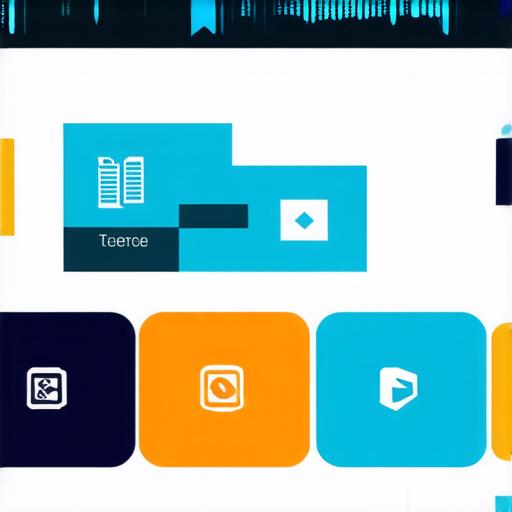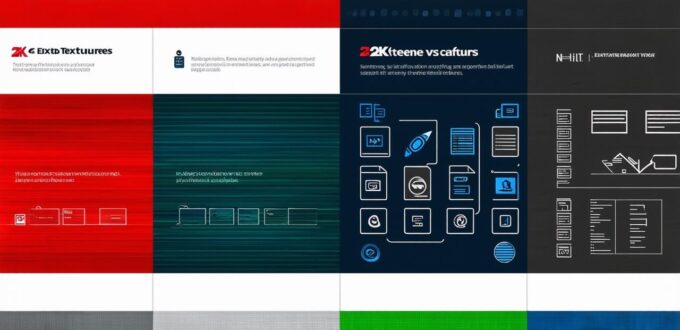What is general software?
General software, also known as utility software, is a program that performs a variety of tasks and functions that are not specific to any particular application or industry. These types of programs can be used by individuals or organizations to complete various tasks such as data entry, file management, word processing, and more. General software is typically designed to be versatile and adaptable to different use cases, making it a valuable tool for many people.
Examples of general software include:
- Microsoft Office Suite (Word, Excel, PowerPoint)
- Adobe Creative Suite (Photoshop, Illustrator, InDesign)
- File management programs like Dropbox or Google Drive
- Graphic design tools such as Canva or GIMP
Features and functionality of general software
General software usually has a wide range of features and functions that make it suitable for various tasks. These features can include:
- Data entry capabilities
- Text formatting and layout options
- Charting and graphing tools
- Collaboration features
- Document management and organization
- Media creation and editing capabilities
What is application software?
Application software, also known as specialized software, is a program that is designed to perform specific tasks or functions for a particular industry or business. These types of programs are typically more specialized than general software and are tailored to meet the needs of a specific audience. Application software can be used by individuals or organizations to complete specific tasks such as accounting, project management, customer relationship management (CRM), and more.
Examples of application software include:
- QuickBooks for accounting
- Trello for project management
- Salesforce CRM for sales and marketing
- Microsoft Dynamics 365 for business operations
Features and functionality of application software
Application software usually has a more focused set of features and functions that are designed to meet the needs of a specific audience. These features can include:
- Financial reporting and analysis tools
- Project management capabilities
- Customer relationship management (CRM) tools
- Inventory management systems
- Human resource management (HRM) systems
Differences between general and application software
While both general and application software have their own unique features and functions, there are several key differences between them:
- Purpose: General software is designed to be versatile and adaptable to different use cases, while application software is designed to perform specific tasks or functions for a particular industry or business.
- Functionality: General software has a wide range of features and functions that make it suitable for various tasks, while application software usually has a more focused set of features and functions that are designed to meet the needs of a specific audience.
- Customization: Application software is often highly customizable, with the ability to configure settings and preferences to suit the unique needs of different users or organizations, while general software is typically less customizable.
- Complexity: General software is usually more user-friendly and easy to navigate, with a simple interface that allows users to access the functions they need quickly and easily, while application software can be more complex and require more training to use effectively.
- Cost: Application software is often more expensive than general software, as it requires more specialized knowledge and expertise to develop and maintain.
Real-life examples of general and application software
To help illustrate the differences between general and application software, let’s look at some real-life examples:
- Microsoft Office Suite is a example of general software that provides a wide range of functions for word processing, data entry, spreadsheets, presentations, and more.
- QuickBooks is an example of application software that provides financial reporting and analysis tools specifically designed for small businesses and accountants.
- Salesforce CRM is another example of application software that provides customer relationship management (CRM) tools specifically designed for sales and marketing professionals.
Conclusion

In conclusion, understanding the differences between general and application software is essential for software developers who want to create programs that are tailored to meet the needs of different users or organizations. General software is designed to be versatile and adaptable to different use cases, while application software is highly specialized and tailored to meet the needs of a specific audience. By understanding these differences, software developers can create programs that are more effective and efficient for their intended use.
FAQs
Here are some frequently asked questions about general and application software:
- What are the main differences between general and application software?
- Purpose: General software is designed to be versatile and adaptable to different use cases, while application software is designed to perform specific tasks or functions for a particular industry or business.
- Functionality: General software has a wide range of features and functions that make it suitable for various tasks, while application software usually has a more focused set of features and functions that are designed to meet the needs of a specific audience.
- Customization: Application software is often highly customizable, with the ability to configure settings and preferences to suit the unique needs of different users or organizations, while general software is typically less customizable.
- Complexity: General software is usually more user-friendly and easy to navigate, with a simple interface that allows users to access the functions they need quickly and easily, while application software can be more complex and require more training to use effectively.
- Cost: Application software is often more expensive than general software, as it requires more specialized knowledge and expertise to develop and maintain.
- Is it important for software developers to understand the differences between general and application software?
Yes, understanding the differences between general and application software is essential for software developers who want to create programs that are tailored to meet the needs of different users or organizations. By understanding these differences, software developers can create programs that are more effective and efficient for their intended use.
